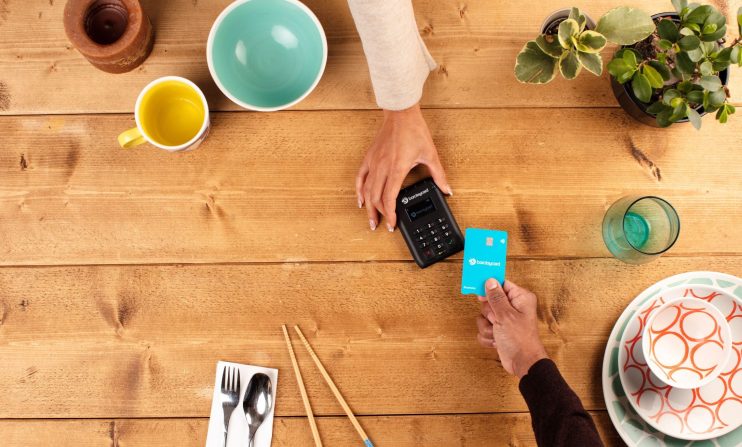Getting with the times! 80 per cent of 85–95-year-olds now pay with contactless

A record 93.4 per cent of all in-store card transactions up to £100 were made using contactless, according to a new study by Barclays, as the payment method traditionally used by youngsters goes mainstream.
Shoppers made an average of 231 purchases spending £15.69 on average at a time. This is up 3.9 per cent on last year’s reading.
Overall, this added up to shoppers spending £3,623 in total when using contactless payments.
While this payment method, which links customers’ bank accounts to their smartphone or watch, is still more popular with young consumers, the gap between older and younger audiences has narrowed.
Barclays said last year the percentage of active users among 85–95-year-olds crossed 80 per cent for the first time.
“More broadly, for the third year in a row, over-65s were the fastest growing segment for contactless usage, up 4.1 per cent year-on-year,” they added.
However, there is still a division among contactless users when it comes to preferences for making contactless payments using a mobile wallet versus a physical card.
Research from Barclays shows just three per cent of over-75s prefer a mobile payment over using a physical card, whereas a quarter (25 per cent) of 18-34-year-olds say they prefer to use their phone.
Karen Johnson, head of retail at Barclays said: “Since we rolled out contactless payments to the UK in 2007, it has firmly cemented itself as the UK’s favourite payment method, thanks to its speed and convenience.
“Given the growing number of cashless businesses, I’m pleased to see that many older shoppers are embracing touch and go, and that the gap in contactless usage between age demographics continues to narrow.”
She added: “In 2024, we expect to see a greater shift to payments using mobile wallets, as more bricks-and-mortar business integrate the technology into their customer experience. Many of our hospitality and leisure clients are finding success by giving customers the ability to order and pay from their table by scanning a QR code.
“Customers like it because they don’t have to wait for the bill, meaning they can squeeze in an extra round of drinks or a dessert before they need to leave, and the business frees up more capacity for waitstaff, boosting productivity.”